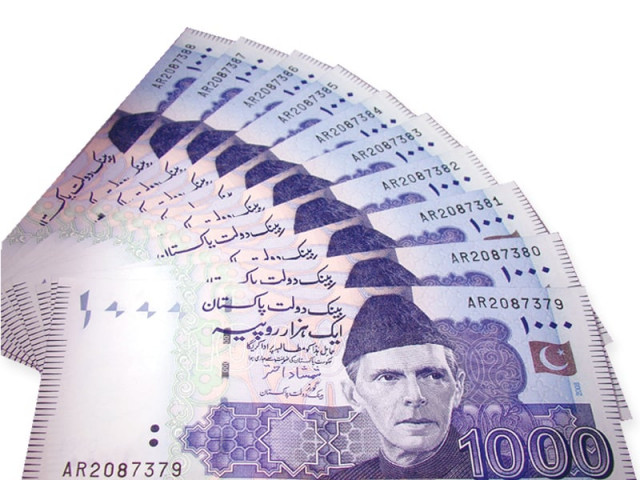CPI 2014: Pakistan improves in corruption ranking
Scores 29 out of 100, and is ranked 126/175, which is the best Pakistan has ever achieved

However, Transparency International (TI) Pakistan Chairman Sohail Muzaffar said he hopes the government will now work with new vigour to combat corruption.
More than two-thirds of the 175 countries in the 2014 Corruption Perceptions Index score below 50, on a scale from 0 (perceived to be highly corrupt) to 100 (perceived to be very clean). Denmark comes out on top in 2014 with a score of 92 while North Korea and Somalia share last place, scoring just eight.
The scores of several countries rose or fell by four points or more. The biggest falls were in Turkey (-5), Angola, China, Malawi and Rwanda (all -4). The biggest improvers were Ivory Coast, Egypt, Saint Vincent and the Grenadines (+5), Afghanistan, Jordan, Mali and Swaziland (+4).
The Corruption Perceptions Index is based on expert opinions of public sector corruption. Countries’ scores can be helped by open government where the public can hold leaders to account, while a poor score is a sign of prevalent bribery, lack of punishment for corruption and public institutions that do not respond to citizens’ needs.
Transparency International called on countries at the top of the index where public sector corruption is limited to stop encouraging it elsewhere by doing more to prevent money laundering and to stop secret companies from masking corruption.
While top performer Denmark has strong rule of law, support for civil society and clear rules governing the behaviour of those in public positions, it also set an example this November, announcing plans to create a public register including beneficial ownership information for all companies incorporated in Denmark.
Published in The Express Tribune, December 3rd, 2014.



1724319076-0/Untitled-design-(5)1724319076-0-208x130.webp)















COMMENTS
Comments are moderated and generally will be posted if they are on-topic and not abusive.
For more information, please see our Comments FAQ